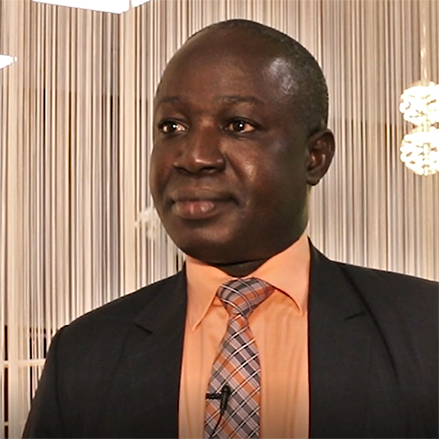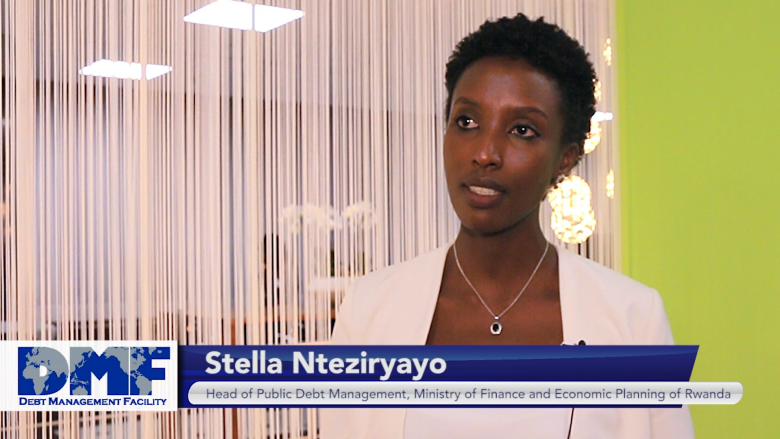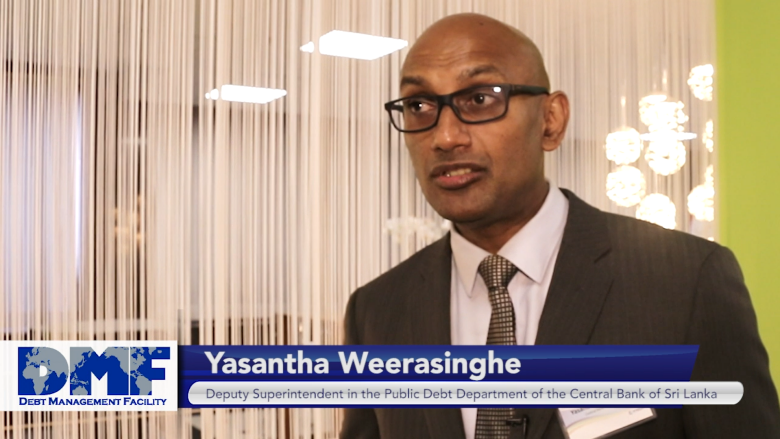Context
Debt financing is critical for development. When used wisely, it can help countries finance major projects and achieve sustained and inclusive growth. Effective debt management can help strike the balance between funding the government's needs with debt levels that are sustainable, meaning that debt can be serviced at a reasonable cost under a wide range of circumstances. But many developing countries lack the tools, institutions, legal frameworks, or know-how to actively manage their debt.
Without these, countries may find that the level of debt they thought they could handle is much harder to manage. Taking on too much debt can threaten a country's stability. If debt service becomes too high, it can detract from services that citizens need.
The current trends in public debt underscore the importance of prudent debt management. Public debt in developing countries has increased to levels not seen since the 1980s. Governments are borrowing from a wider variety of creditors. These factors, combined with global economic uncertainty, create debt vulnerabilities.
At their 2018 Annual Meetings in Bali, the World Bank and the International Monetary Fund announced a multi-pronged approach to address these issues. The Debt Management Facility (DMF), a multi-donor trust fund, has an important role to play in supporting the implementation of this approach, particularly in matters related to debt management and debt transparency.
Approach
Through the DMF, the World Bank supports 84 developing countries in undertaking debt-management reforms. By using a variety of tools and activities, the DMF builds countries’ capacity to strengthen their debt management and make more informed decisions about borrowing and related costs and risks.
The DMF has several offerings to address developing country needs:
- Customized technical assistance that is based on peer-reviewed, internationally recognized frameworks such as the Debt Management Performance Assessment (DeMPA), Medium-Term Debt Management Strategy (MTDS), Debt Management Reform Plans and the Domestic Debt Market Diagnostic Framework.
- Training and regional workshops for officials from eligible countries to build their capacity to assess their debt levels and undertake debt sustainability analyses.
- Peer-to-peer learning opportunities that promote information sharing between The World Bank, client countries and other stakeholders. This includes the annual DMF Stakeholders’ Forum.
- On-the-job learning through the Debt Management Practitioners’ Program, where government officials from debt-management offices of eligible countries work alongside World Bank debt-management experts for a three-month period to facilitate learning and educate debt managers about best practices in other countries.



